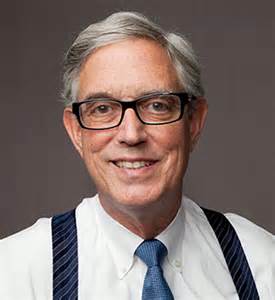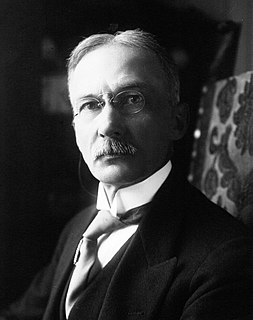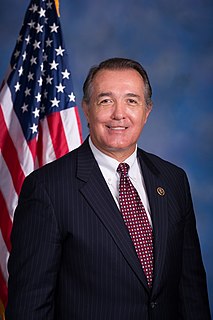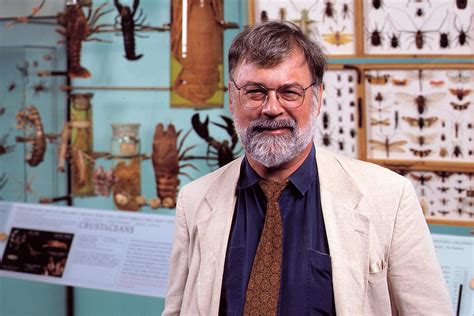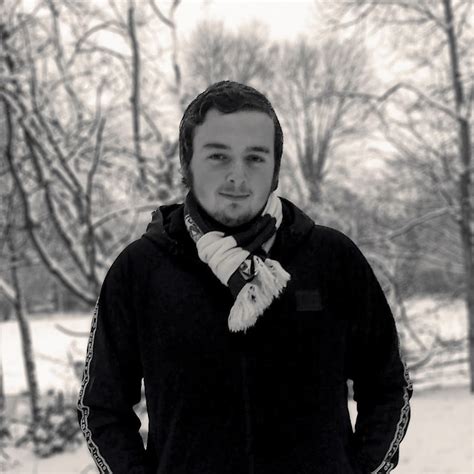A Quote by Phillip E. Johnson
In short, it is not that evolutionary naturalists have been less brazen than the scientific creationists in holding science hostage, but rather that they have been infinitely more effective in getting away with it.
Related Quotes
I would assert that highly effective leaders are made more than they're born. Every leader I know who's been highly effective has worked hard at it, and they've been students of it. The more you're a student of leadership, the more you figure out what works for you and the more effective you're going to be.
Many young women are less whole and androgynous than they were at age ten. They are more appearance-conscious and sex-conscious. They are quieter, more fearful of holding strong opinions, more careful what they say and less honest. They are more likely to second-guess themselves and to be self-critical. They are bigger worriers and more effective people pleasers. They are less likely to play sports, love math and science and plan on being president. They hide their intelligence. Many must fight for years to regain all the territory they lost.
The triumph of science has been mainly due to its practical utility, and there has been an attempt to divorce this aspect from that of theory, thus making science more and more a technique, and less and less a doctrine as to the nature of the world. The penetration of this point of view to philosophers is very recent.
It is enough to have been created, to have embodied for a moment the infinite and tumultuously creative spirit. It is infinitely more than enough to have been used, to have been the rough sketch for some perfected creation. Looking into the future, I saw without sorrow, rather with quiet interest, my own decline and fall.
There is no evolutionary pressure to create minds capable of forming sciences; it just happened. Evolutionary pressure has not led to higher rates of reproduction for people capable of solving scientific problems or creating new scientific ideas. So if, in fact, the science-forming capacities evolved for other reasons, it would not be too surprising if those particular structures that have developed proved to be rather special in their nature, reflecting the contingencies of their evolution or the working of physical law.
he'd once believed that the answer lay somehow in the music he created, he suspected now that He'd been mistaken. The more he thought about it, the more he'd come to realize that for him, music had always been a movement away from reality rather than a means of living in it more deeply. .. he now knew that burying himself in music had less to do with God than a selfish desire to escape.
The basic question that the 'new science' raises for our balance sheet is the issue of what scientific questions have not been asked for 500 years, which scientific risks have not been pursued. It raises the question of who has decided what scientific risks were worth taking, and what have been the consequences in terms of the power structures of the world.
If it is true that an influx of doubt and uncertainty actually marks periods of healthy growth in a science, then evolutionary biology is flourishing today as it seldom has flourished in the past. For biologists collectively are less agreed upon the details of evolutionary mechanics than they were a scant decade ago. Superficially, it seems as if we know less about evolution than we did in 1959, the centennial year of Darwin's on the Origin of Species.
Medicine is a science which hath been (as we have said) more professed than laboured, and yet more laboured than advanced: the labour having been, in my judgment, rather in circle than in progression. For I find much iteration, but small addition. It considereth causes of diseases, with the occasions or impulsions; the diseases themselves, with the accidents; and the cures, with the preservation.

